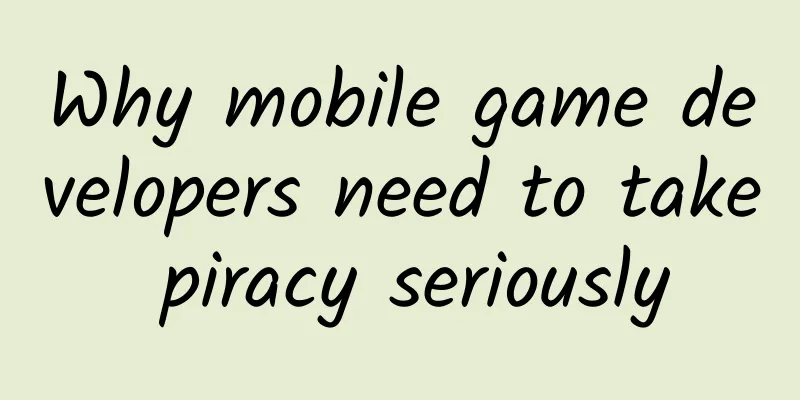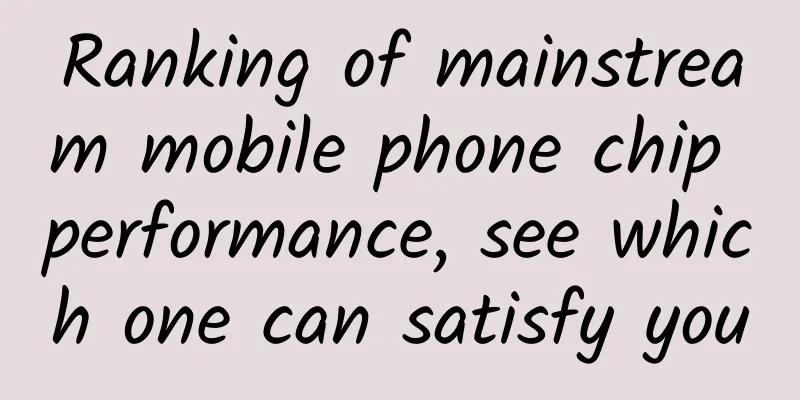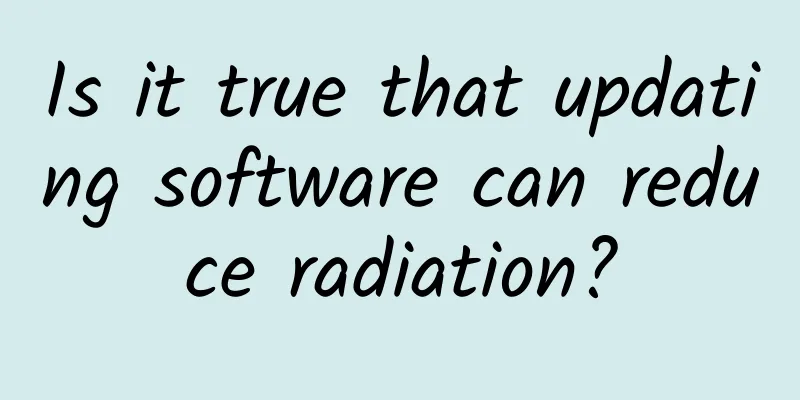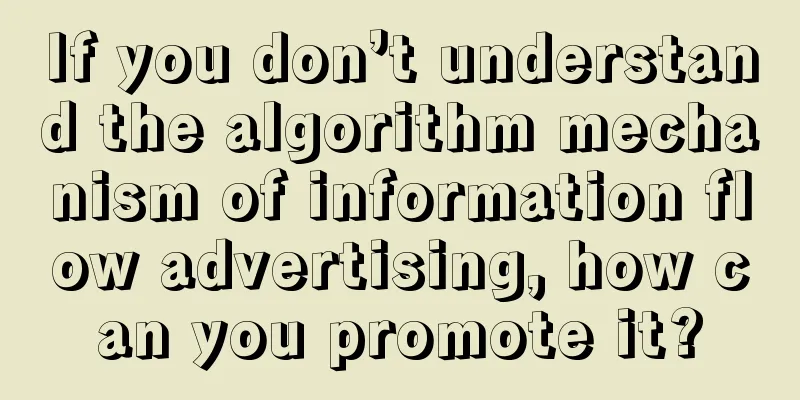Why mobile game developers need to take piracy seriously

|
By now, almost everyone in the mobile space has heard of the lawsuit between Chinese developer Lilith Games and American studio uCool, in which Lilith sued uCool for plagiarizing their current hit game Heroes Charge with its game Allstar Heroes. This isn't the first time a game has copied the graphics/game mechanics of another game. (Note: remember NimbleBits' open letter to Zynga?). But it's another story when a developer uses someone else's source code. If you've seen the video Lilith made public about uCool stealing their source code, you'll understand what I mean: it clearly shows uCool's Heroes Charge using source code written by Lilith. Many of my fellow mobile developers believe that app piracy is an "Asian only" problem, but the dispute between Lilith and uCool proves that wrong. Games like Threes and Angry Birds have been the subject of illegal copying of apps that have appeared in Asian app stores, while Heroes Charge and Allstar Heroes are the most publicly documented legal cases of Western developers copying Asian games. (That's not to say that copying hasn't happened in the West before, just that there hasn't been enough clear evidence to prove that an app copied another work's source code.) In reality, mobile game development is a global business, and what happens in one region will have an impact on other markets. Let me explain in more detail: The first game, pirated or not, to enter a new genre and become the "official" game in that genre Heroes Charge is also a great example of a clone game that entered a new space before the original creator (in this case Allstar Heroes) did and created a brand name and user base that is difficult to surpass. Lilith has not officially released Allstar Heroes in the US, but uCool brought the game to the US market last August. Since then, Heroes Charge has attracted a lot of attention and has entered the top 100 grossing games in the App Store. This is a full 7 months ahead; 7 months is enough to acquire users, achieve profitability and gain a foothold. So it is ironic that when Allstar Heroes made its position clear on Facebook, the US market thought that Allstar Heroes copied Heroes Charge! The problem is that most games are initially released in a limited number of countries. Developers often lack the resources to localize and market their games to multiple regions, let alone support large-scale operations across multiple countries, so they can't always be sure how a game will perform. Not to mention the months after launch to consolidate the game, push updates, create and maintain a user base, and achieve high traction and profitability. Expanding to other countries requires making sure everything works first. Entering a new market can take months or even years. It's like launching a whole new game. This is a common occurrence across Asia, but it is now happening globally. This leads to my next point: Can't enter a new area == missed benefits The reason why Lilith is so eager to suppress "Heroes Charge" is because the latter makes huge profits. In the past few years in the Asian market, some people will copy other people's games and release them in other markets that the original creators have not entered. King.com's Candy Crush Saga has many copycats in China, and as the Motley Fool pointed out in August last year: "The mobile game market is developing rapidly - anyone who wants to create a candy crushing game in China has used an English or Chinese version." In other words, many pirated games have flooded into the Chinese market before King was ready to enter the market. By that time, people will be tired of the game because they have played the English version and the Chinese copy. If users have lost interest, it is impossible to successfully launch the game, let alone make money. Android's open platform allows apps to be distributed without a cumbersome review process, while iOS's app review process may detect that a game has similar game mechanics and graphics to other games, but because there are so many similar games and they need to review countless apps every day, it is easy for some to slip through the net. The fragmented market in Asia makes it difficult to label each single market, and monitoring countless app stores every day also requires a lot of resources from developers. Even when a similar game appears, it takes a lot of time and resources to analyze and determine whether it is a copy. Why Asia? It is the world's largest mobile game market, with a market share of $6 billion. It is closely followed by North America, with a market share of $3 billion. And game copying is no longer "just an Asian problem." So we need to pay more attention and take some preventive measures. Server-side post-event protection is not enough When I explain why app piracy isn’t just a problem in Asian markets, I often get the response: “Client-side compromise isn’t a big deal because we store all important data on our servers.” But that’s simply not the case. Let's continue with the example of Heroes Charge and Allstar Heroes: If Lilith Games' claims are correct, then it is technically possible for uCool to reverse engineer and reassemble a client-based application, and then claim that data is stored on the server using information obtained from the source code on the client. This would allow uCool to create and run its own servers, while also replicating the original game's servers. And this company is not the only one doing this. Most successful application replicas run the same way as their original counterparts, with similar server-side structures that allow them to run their own services independently. Naturally, when developers think about security, they focus primarily on the server side, since that's where the data is stored. But they often forget about the client side, which is the primary channel into the server. As an industry, we are very slow to implement proactive security measures. We react to security issues after they happen, rather than proactively preventing them. When working with different app developers on security issues, I found that it costs 4 times more to address app piracy after the fact than to come up with security countermeasures beforehand. Simply put, it costs more to deal with piracy than you think. Lilith invested a lot of time and resources to submit evidence that Heroes Charge stole its source code. If they had taken precautions in the beginning, they could have effectively prevented the source code from being stolen. Source code obfuscation is a good way to do this, but multiple security experts have confirmed that this measure can also be easily broken. If an application cannot be decompiled, it can prevent others from reverse engineering it, or it can hinder others from trying to steal it. To be honest, app copying, stealing and exploitation is not just for mobile games. It also exists in all types of apps. But it makes it more difficult for games to succeed, because on mobile platforms, games generate more than 80% of revenue. I also hope that this article can remind game developers to really pay attention to this problem. |
<<: Who are those people who are still using dial-up internet?
Recommend
Use Jenkins to build iOS/Android continuous integration packaging platform
Background Description According to the project r...
Is this the real "water ball" in the universe? With more than 10% of water, it can "kill" the earth in seconds!
Author: Huang Xianghong Duan Yuechu In the depths...
Xiamen’s latest settlement policy in 2022: Will Xiamen cancel restrictions on settlement?
The People's Government of Xiamen City issued...
L'Avere-France: In August 2023, the number of new passenger car registrations in France was 113,599, an increase of 24% year-on-year
In August this year, the number of new passenger ...
How many hairs do you have to lose every day to be at risk of baldness?
One minute with the doctor, the postures keep cha...
Fan Deng: Decoding the advanced code of spiritual growth
Fan Deng: Decoding the advanced code of spiritual...
Cold wave and strong wind warning! my country is experiencing a sharp drop in temperature from north to south. Has your "long johns DNA" changed?
The Central Meteorological Observatory continues ...
Does drinking before bed really help you sleep? Stop doing this! The harm is worse than insomnia!
"Drinking before bed can help you sleep.&quo...
Longda Media will teach you step by step how to play with feed information flow and easily drive millions of traffic!
Longda Media's internal Douyin sales training...
When courting a mate, I prefer to cover my face halfway. I am the "phoenix on earth".
Galliformes is a relatively primitive group of bi...
If you are angry, just vent it out? It turns out that we have been doing it wrong all along.
It is inevitable to feel angry and furious in dai...
APP promotion planning: 60,000 paying users increased within 7 days of beta testing!
How can a new product gain a large number of foll...
Internet Community Product Methodology
In the past few years, I have been working in the...
Why are water bears so tenacious? New research reveals their "secrets" | Science and Technology Weekly
Compiled by Zhou Shuyi and Wang Xiang Why are wat...
The Gate of True Love Hero "The Law of Creation (From Scarcity to Abundance)"
The Gate of True Love hero "The Law of Creat...





![Public account big V [Understand the leading stocks] Fupange column group + course](/upload/images/67cc042a22392.webp)



